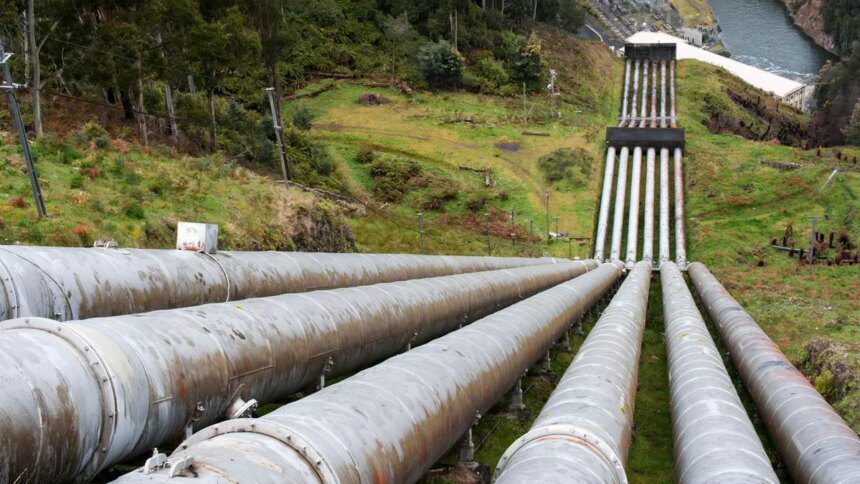The debate between Avaada and ACME over the necessity of pumped hydro storage (PSP) in India highlights the contrasting perspectives within the renewable energy sector. While Avaada is bullish on PSPs and is actively pursuing the construction of two projects in this space, ACME remains skeptical, citing the declining costs and ease of deployment of electrochemical batteries as a viable alternative.
Avaada, backed by the Welspun group, has ambitious plans to add 5 GW of capacity every year between 2026 and 2031, with a strong focus on PSPs. Founder and Chairman Vineet Mittal believes that there is a significant demand for peak power on the exchange, making PSPs a valuable investment.
On the other hand, ACME, with 2.5 GW of renewable energy capacity under operation, is taking a more cautious approach towards PSPs. Group CEO Nikhil Dhingra asserts that the high capital costs and complexity of PSP projects could render them obsolete in the face of evolving battery technology. ACME is monitoring the market dynamics and will only consider PSPs if there is a secure, long-term offtake agreement in place.
The Central Electricity Authority (CEA) reports that India has ambitious plans for 79,325 MW of PSP capacity, but implementation has been slow. Concerns about shifting peak demand patterns, the emergence of smart grid technologies, and the increasing viability of battery storage are influencing developers to adopt a wait-and-watch approach.
Ultimately, the future of pumped hydro storage in India remains uncertain, with stakeholders like Avaada and ACME presenting divergent views on its relevance in the evolving energy landscape. As technology continues to advance and market dynamics shift, the debate over the role of PSPs in India’s renewable energy mix is likely to intensify.










